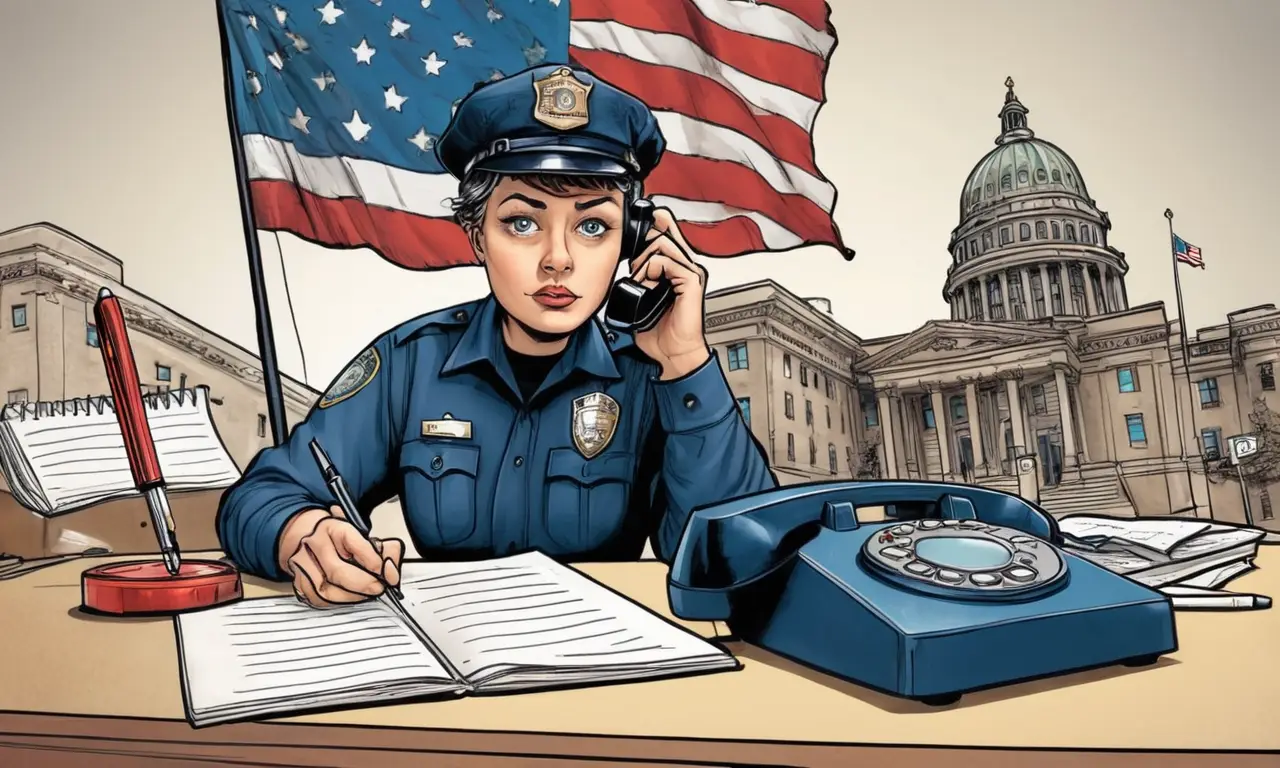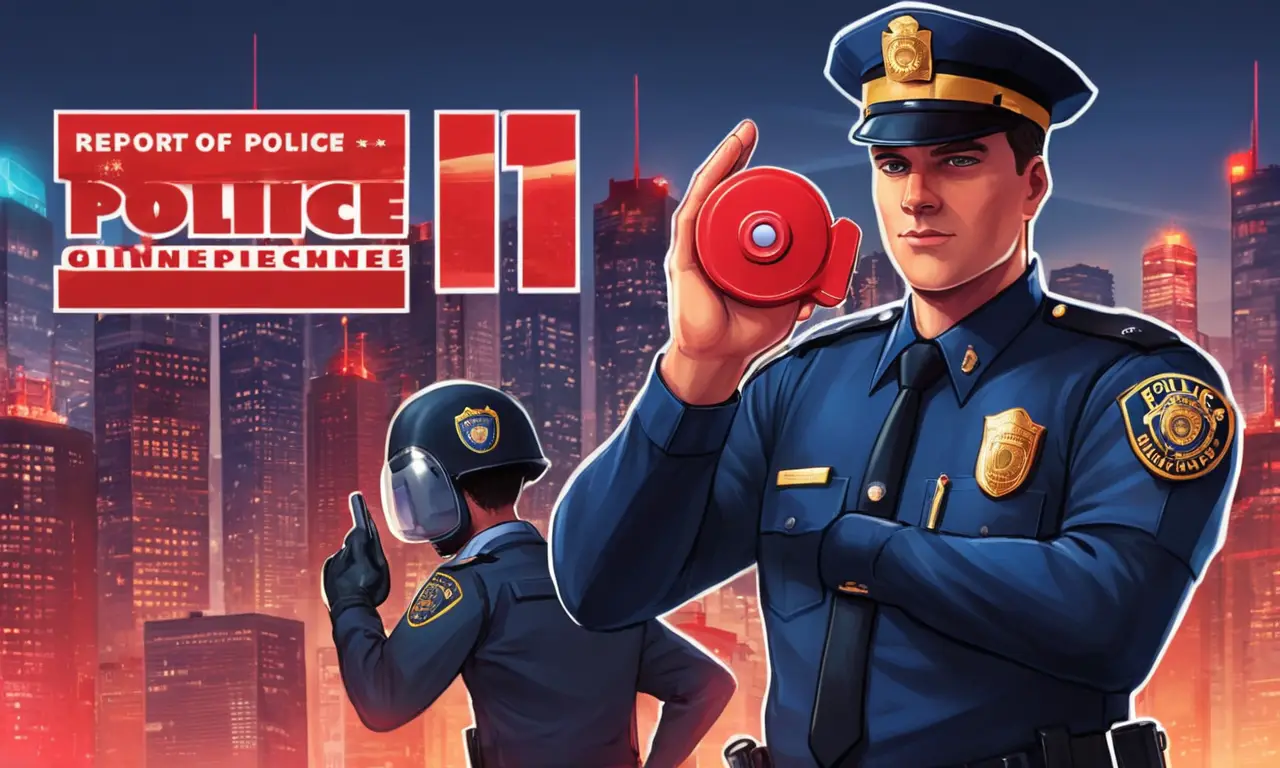Law enforcement officers play a crucial role in maintaining order and safety within our communities. They are entrusted with upholding the law and protecting citizens from harm. However, like any profession, there can be instances where officers engage in misconduct or actions that violate their oath of duty. It’s important to remember that while officers have significant authority, they are still accountable for their actions.
This article will delve into the complexities of reporting police misconduct, outlining when and how to effectively communicate concerns to the appropriate authorities. We’ll explore the legal framework surrounding officer conduct, the importance of providing clear and concise information to emergency services, and the delicate balance between ensuring officer safety and protecting citizen rights.
Police Misconduct
Police misconduct encompasses a wide range of actions that deviate from acceptable professional standards. These actions can include:
- Excessive use of force: Using more physical force than necessary in a given situation. This can involve unjustified physical assault, the use of deadly force when not warranted, or employing excessive restraint techniques.
- False arrests and charges: Detaining or charging individuals without probable cause or fabricating evidence to support a case.
- Discrimination and profiling: Targeting individuals based on their race, ethnicity, religion, gender, sexual orientation, or other protected characteristics. This can manifest in discriminatory traffic stops, searches, or the use of biased language during interactions.
- Corruption and bribery: Engaging in illegal activities such as accepting bribes, extorting money from citizens, or using their position for personal gain.
Reporting to Authorities

When you witness or experience police misconduct, it’s crucial to report it to the appropriate authorities. This can involve contacting:
- Internal Affairs: Most law enforcement agencies have an internal affairs division responsible for investigating complaints against officers.
- Civilian Review Boards: These independent bodies often review police conduct and make recommendations for disciplinary action.
- District Attorney’s Office: If you believe criminal charges are warranted, you can file a complaint with the district attorney’s office.
When to Call 911
While calling 911 should primarily be reserved for emergencies involving immediate danger, there are specific situations where reporting potential police misconduct through this channel may be necessary:
- Officer posing an imminent threat: If you witness an officer using excessive force or behaving in a manner that puts themselves or others in immediate danger.
- Serious injury or death: If someone is injured or killed as a result of an officer’s actions, call 911 immediately to request medical assistance and report the incident.
Officer Safety and Citizen Rights

It’s important to remember that while reporting misconduct is essential, your safety should always be a priority. When interacting with law enforcement, remain calm, polite, and respectful. Clearly state your concerns and avoid engaging in confrontational behavior.
Citizens have the right to record police interactions, but it’s crucial to do so legally and respectfully. Familiarize yourself with local laws regarding recording officers and ensure you are not interfering with their duties.
Providing Details to Emergency Services
When calling 911 to report potential police misconduct, provide clear and concise information to the dispatcher:
- Location: State your exact location, including street address or nearby landmarks.
- Description of the situation: Briefly explain what you are witnessing, focusing on specific actions by the officer that raise concerns.
- Officer’s identification: If possible, note the officer’s badge number, name, or any other identifying information.
- Potential danger: Indicate if anyone is in immediate danger or if there is a risk of violence escalating.
Conclusion
Reporting police misconduct is a vital step in ensuring accountability and upholding public trust in law enforcement. By understanding when and how to effectively communicate concerns to authorities, citizens can play an active role in promoting ethical conduct within the police force. Remember, your voice matters, and reporting potential wrongdoing can help create a safer and more just society for all.



